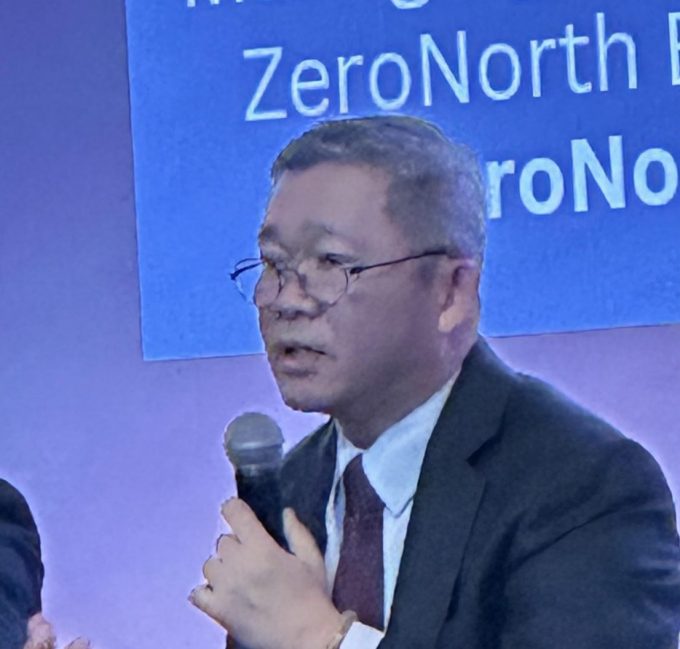CMA CGM's $20bn US pledge: all fur coat and no knickers
Is Macron at the helm?

Shipping lines now have to look even further ahead when buying alternative fuels, instead of the short-term vision adopted when conventional fuel oil was burned.
Ocean Network Express’ (ONE) deputy general manager of fuel Richard Ho (above) disclosed at the Marine Fuels 360 conference in Singapore this week that the uncertainties surrounding the availability of various alternative fuels meant that ship operators had to think longer-term as the world moves towards decarbonisation by 2050.
Mr Ho said: “We used to be looking ...
Asia-USEC shippers to lose 42% capacity in a surge of blanked sailings
USTR fees will lead to 'complete destabilisation' of container shipping alliances
New USTR port fees threaten shipping and global supply chains, says Cosco
Outlook for container shipping 'more uncertain now than at the onset of Covid'
Transpac container service closures mount
DHL Express suspends non-de minimis B2C parcels to US consumers
Zim ordered to pay Samsung $3.7m for 'wrongful' D&D charges
Flexport lawsuit an 'undifferentiated mass of gibberish', claims Freightmate

Comment on this article